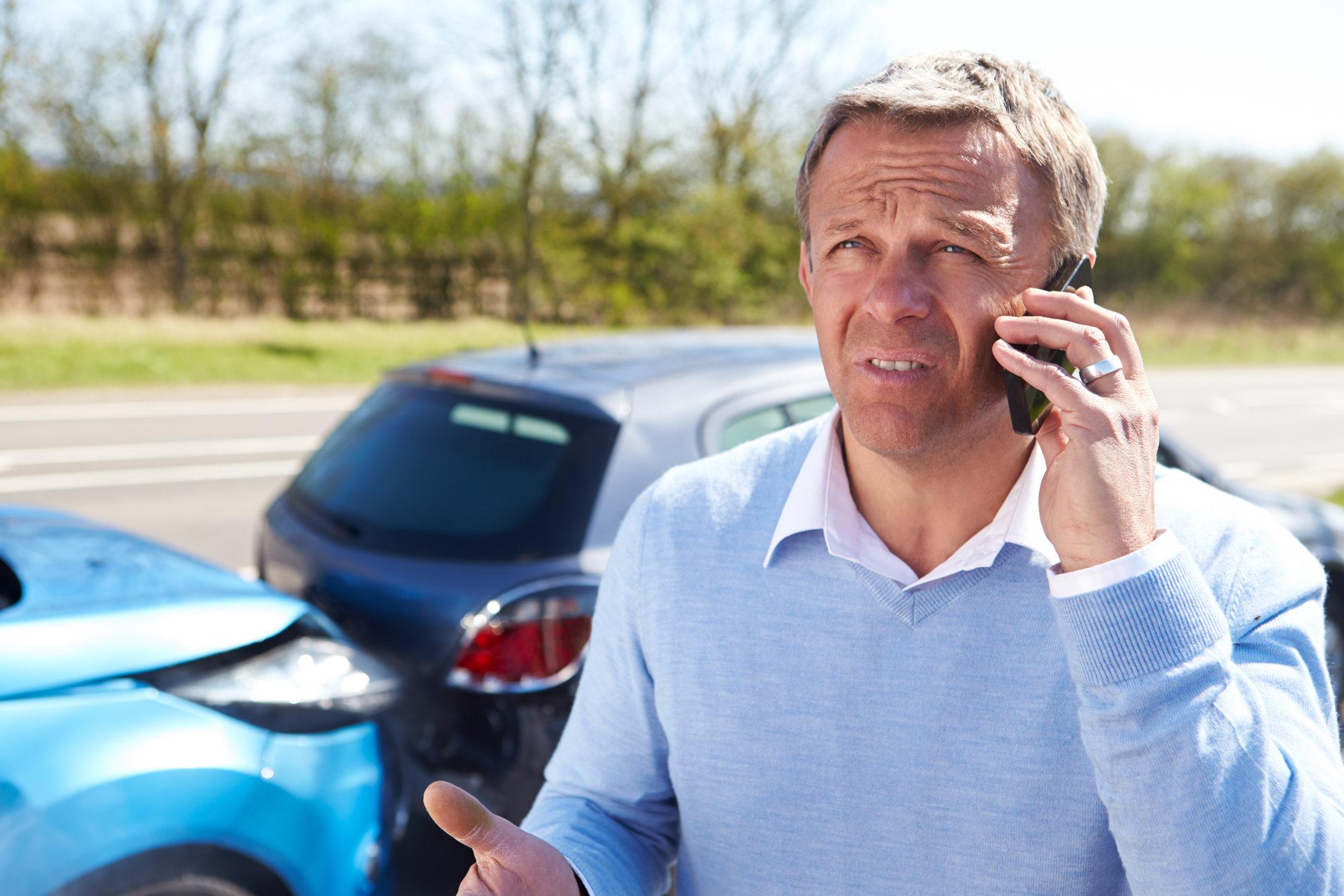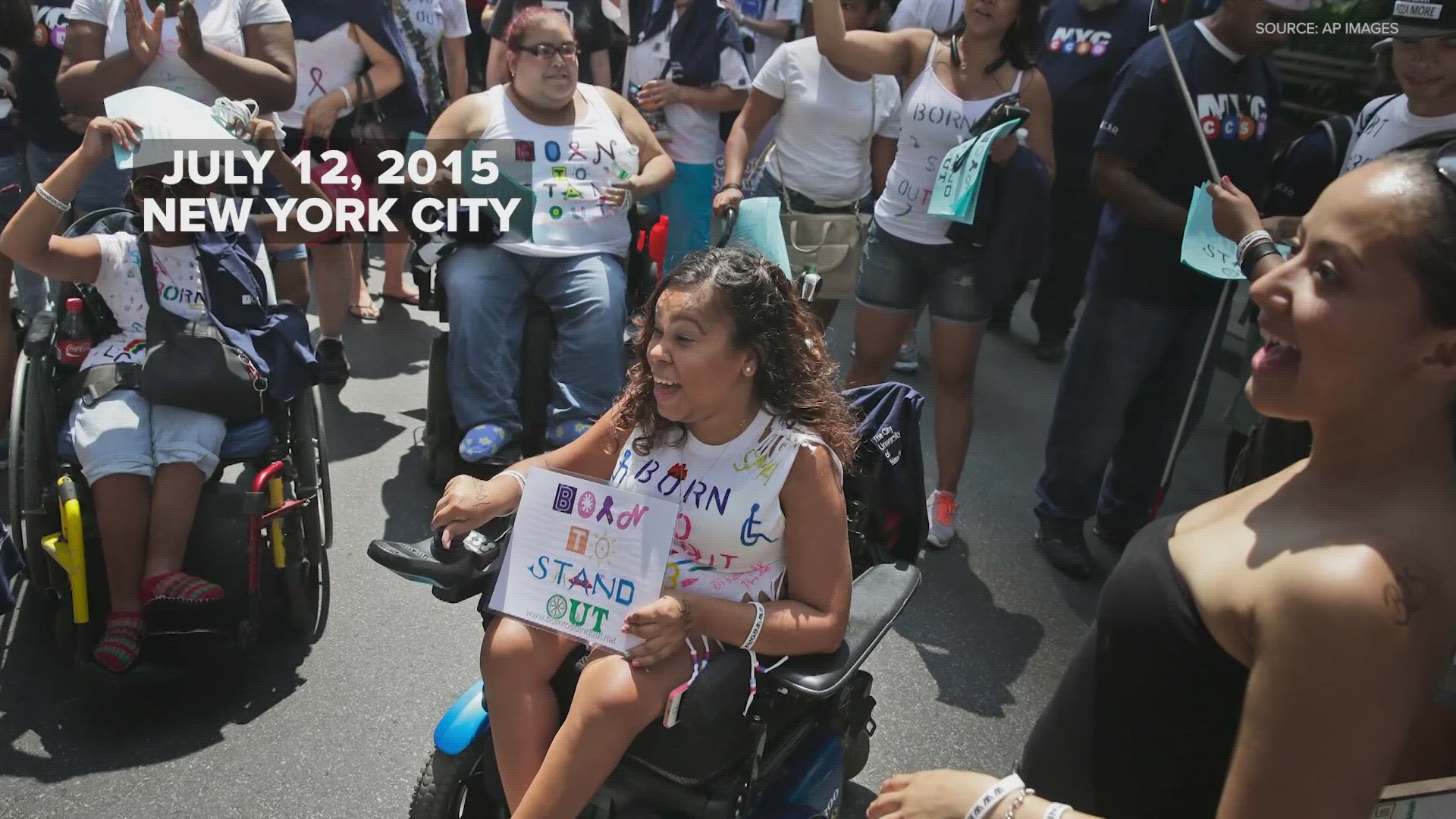VERIFY – YOU'VE GOT QUESTIONS, WE'LL FIND ANSWERS
A 9NEWS project to make sure what you've heard is true, accurate, verified. Want us to verify something for you? Email verify@9news.com
THE QUESTION
A viewer named Dan Ambrosio emailed 9NEWS a question about a bill he got from South Adams County Fire District.
Ambrosio was in a car accident on Interstate Highway 76 in April. No one was injured, but he called 911 because he said he wanted a police accident report.
The dispatcher who took the call also sent an ambulance, a fire truck and a fire engine.
Ambrosio said those first responders didn't provide any services to anyone, but the fire department still sent him a $225 “rescue bill.”
“I was told that whoever makes the 911 phone call is the one that receives the bill,” Ambrosio said.
So, he emailed 9NEWS to find out whether the South Adams County Fire District really charges people for calling 911.
WHAT WE FOUND
Most people understand that if you get into an ambulance at the scene of a car accident, you're going to get a bill.
But it turns out drivers in Colorado can also get a bill if an ambulance shows up for a moment and drives away.
It's called a rescue bill, a municipal accident fee or a crash tax depending on who you ask.
The fee and who's responsible for it varies from place to place, but the basic idea is it helps cover some of the costs for dispatching the vehicles.
We spoke to South Adams County Fire Chief Kevin Vincel, and he explained how it works in his district.
When an emergency vehicle goes to the scene of an accident, anyone involved in the accident who isn't a resident of the district is sent a rescue bill.
“Usually it's billed to the insurance company, and the insurance company usually pays it,” Vincel said.
It brings in about $40,000 a year. That helps, but it's still a small percentage of his nearly $10 million operating budget.
He actually questioned whether rescue bills were necessary when he became chief in August 2015, but his board decided to keep sending them.
“We're not like cities,” Vincel said. “We're very limited on our revenue streams.”
Vincel's explanation gave Ambrosio a clearer understanding of why he was charged, but he said he still wasn't happy about it.
“If they gave me a tissue or something that would be better than nothing, you know,” Ambrosio said. “They did absolutely nothing.”
Adding insult to his non-injury was the fact that Ambrosio said he told 911 not to send an ambulance.
“I know that's standard practice; that's why I specifically asked or told them that there was no ambulance or fire required because of the level of the accident,” Ambrosio said.
That's not exactly what he said, but it wouldn't have mattered.
The Verify team got a copy of Ambrosio's 911 call.
It started with him telling dispatcher Lynda Smith he's had “a pretty bad accident” on the highway with three to four vehicles.
Seconds after Smith heard that, she sent an ambulance, fire truck and a fire engine.
Smith and Ambrosio talked for another minute about the location and vehicles. Then, she asked him whether anyone was hurt. Ambrosio told her “everybody's fine,” but the emergency vehicles were already on their way.
The fire truck arrived about five minutes after Ambrosio dialed 911.
That's the kind of response time people want if they're in an accident.
What Ambrosio and insurance industry groups don't like is the cost for showing up being shouldered by individual motorists – especially when those drivers didn't cause the crash.
“We believe it's bad public policy,” Robert Passmore said.
Passmore's the assistant vice president for Property Casualty Insurance Association of America. It's an industry group that represents insurance companies.
“We're not talking about when somebody comes out to do some actual work pulling a vehicle out of a ditch or something like that,” Passmore said. “The scenario that's most common is just what the person relayed to you. Someone comes up, most often stands around and drives off.”
He's heard of places charging people $1,000 just for showing up.
“If there's funding issues for our first responders, then I think we owe it to them to be a little more straightforward and not try to do it through the back door,” Passmore said.
About 20 states have banned or “really limited” these kinds of fees, Passmore said. Part of the reason is you don't want people questioning whether to call for help.
The other part is public pushback.
Denver considered collecting a fee from drivers who cause accidents in 2010, but a public backlash against the idea caused Gov. John Hickenlooper (who was Denver's mayor at the time) to shelve the idea.
“If I was to ever dial 911 again, I'm going to have to say, well, am I a resident of this county,” Ambrosio said. “Do I live within the boundaries? Is it worth it to make this phone call?”
BOTTOM LINE
At first we thought Ambrosio was trying to pull a fast one on us.
Municipalities don't charge for calling 911. But we verified that in parts of Colorado you can get something called a "rescue bill" -- even if you didn't need to be rescued.


